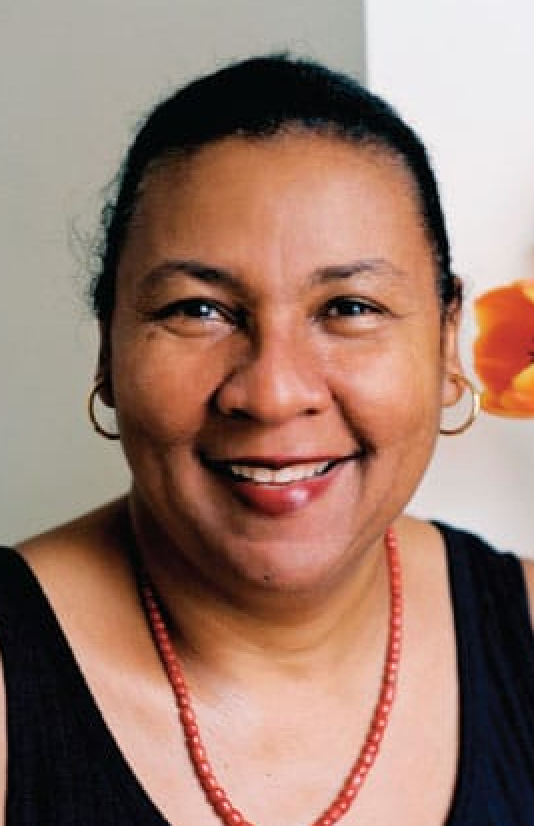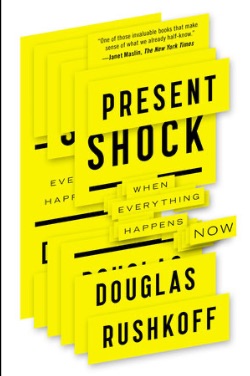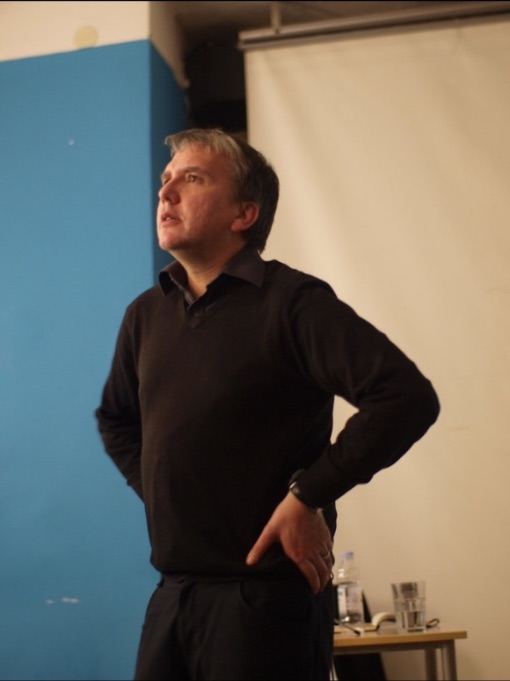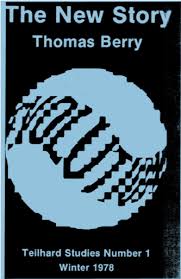August 22, 2025
Culture
Boomers, let's finish what we left undone.
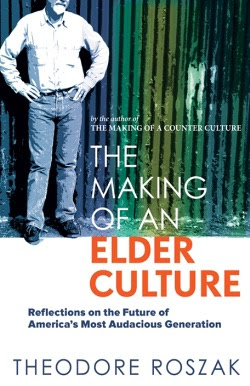
My cultural lottery ticket—being born white, male, and middle-class in mid-20th century America—gave me the freedom, even the encouragement, to challenge the status quo. This privilege even came with guidebooks. One of them, The Making of a Counter Culture by Theodore Roszak, gave my generation’s rebellion a name. Roszak framed us as part of a larger movement pushing back against what he called the “technocracy”—a system of corporate, technological, and expert control that stifled individuality and personal fulfillment.
When I came of age challenging the system wasn’t just possible, it was cool. And I thirstily drank that Kool-Aid. I traded "I" for "we." We lived communally. We started alternative businesses. We had babies at home. We grew our own food, and our own pot. We learned to fix our VWs ourselves. We thought we could change the world, and it began by disrupting the status quo.
But as each of us took on the responsibilities of family, work, and civic life, what began as a profound quest for authenticity and justice gradually found itself absorbed by the very institutions we sought to change. Look at me, I became a marketing consultant, for crying out loud.
Forty years after calling us the counterculture, Theodore Roszak called on our generation to shake off its complacency. He urged us to reclaim our transformative spirit and spark a new cultural and political movement.
In his 2009 book The Making of an Elder Culture, Roszak argued that what is now the elder generation can still help build a compassionate, sustainable society rooted in justice, stewardship, and solidarity across generations. He rejected the idea of aging as decline, instead framing it as a stage full of potential for activism and renewal.
This book is both a hopeful manifesto and a call to action—urging my generation to use our wisdom and experience to finally deliver on the promises we once made.
